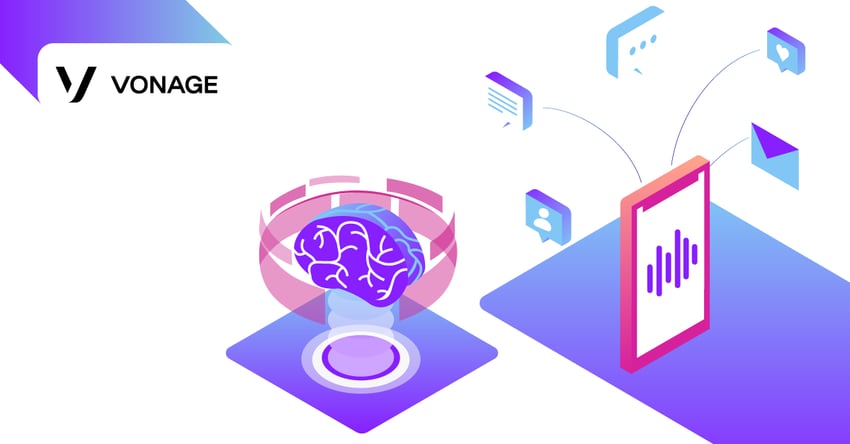What Is an Omnichannel Experience and Why Is It Important?
Emerging technologies can drastically change the ways consumers engage with their favorite brands. That basic fact has historically driven ever-higher customer expectations--and ultimately pushed many businesses to shift strategies in search of a customer experience (CX) that earns loyalty.

In today's customer experience-driven market, business leaders are forced to ask themselves pivotal questions, such as, how do I get my business into omnichannel? And what is omnichannel in customer service?
Creating an Omnichannel Experience That Works
To win customers in the modern business landscape, companies of all sizes need to address each customer's needs and provide a personalized experience. Although many organizations have already built a social media presence—thus opening themselves to a broad number of novel communication channels—they're also finding that the use of chat and text-based channels don't completely fulfill consumers' needs or wants.
Despite the growing availability of text, messenger apps, or live chat for getting in touch with a brand, many people continue to rely on the telephone for customer service, order information, and other similar inquiries.
In other words, although expanding the number of digital communications channels available to customers is a critical step, the most crucial factor in meeting changing customer expectations is creating a true omnichannel experience. Customers expect to converse with a business in the way they prefer—and they might communicate less if their preferred channel isn't available.
So, uniting channels into a single, streamlined journey is key to providing the same experience no matter how they try to connect—a huge help in both winning new customers and maintaining existing ones.
Let’s Hear It for AI-Assisted Omnichannel Experiences
Voice over Internet Protocol (VoIP) and artificial intelligence (AI) technologies can provide the tools you need to create a true omnichannel experience for your customers. Introducing voice AI-enabled technology into your communication channels will allow you to scale your operations to meet high volumes of requests, while maintaining the highest standard of service. AI can also help with business continuity—AI virtual assistants continue to provide service even in the event of a disaster or other circumstances where live agents cannot answer calls.
Consider this scenario of an excellent omnichannel experience: A customer calls into an online retailer to inquire about a product she's purchased. She gets help from multiple human and AI agents at every step of the way, meeting or exceeding her expectations from the onset.
Voice-based chatbots answer the initial call.
When they determine her question is better suited for human agents, they immediately shift her to a live agent with a polite transition.
With the full context of the voicebot conversation already provided to the rep, they're able to provide even stronger customer service without the customer needing to repeat herself.
Afterward, the customer might receive a text inviting her to take a survey, order related products, or make a follow-up service appointment—automated tools determine the purpose of her call and automatically schedule the appropriate care.
Turning to the real world, you can see similar concepts in action at the Royal Society for the Prevention of Cruelty to Animals (RSPCA). By employing Vonage Contact Center and Vonage Communications APIs, the RSPCA was able to automate some of its most important tasks—caring for stray dogs and communicating with local councils about animal welfare. The results were a strongly improved customer satisfaction rate (up 30%) and omnichannel communication services, including SMS-based donations.
With customer expectations continuing to rise, it's essential that you meet consumers where they want to be in terms of communication. If you don't, it's a guaranteed way to create bad experiences and intensify churn. Give the most important arm of your organization a route to success, and embrace omnichannel communications today.
